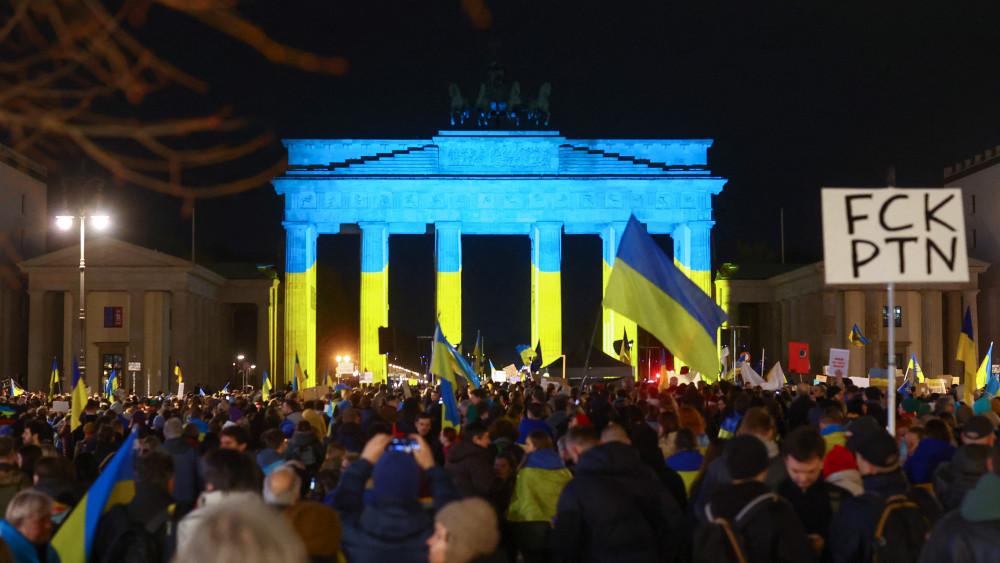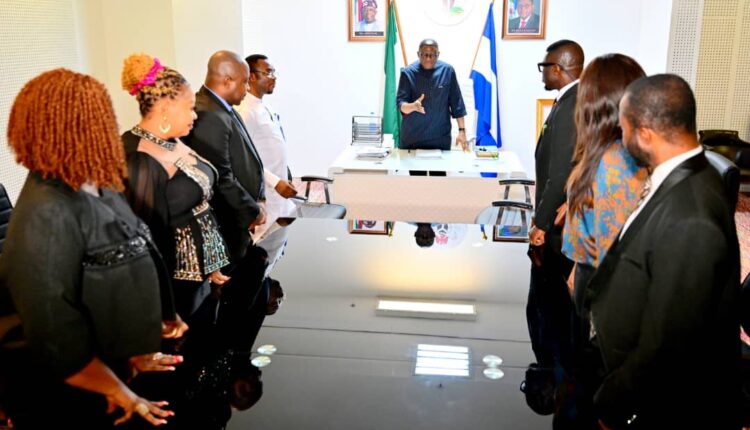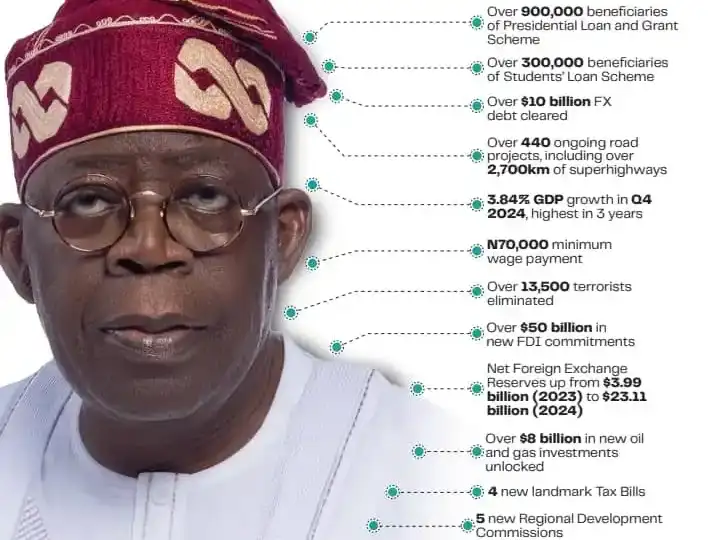Before dawn breaks on an icy post-Christmas morning, a convoy of ambulances, fire engines, trucks, and a dump truck departs the Blau Gelbes Kreuz (BGK) compound in Cologne, Germany. This is no ordinary fleet—every vehicle is a donation, repurposed for humanitarian aid and manned by a volunteer mix of German civil servants, Ukrainian refugees, and Ukrainian-Germans. Their mission: deliver vital supplies to Ukraine via Poland, a journey repeated dozens of times since Russia’s full-scale invasion in February 2022.
Founded in 2014 by Ukrainian pharmacist Linda Mai and her German husband, BGK swelled in activity in 2022 with the influx of over a million Ukrainian refugees in Germany. Operating through six branches across North Rhine-Westphalia, BGK has dispatched more than €30 million in aid—half of it medical supplies—to Ukraine. Their reach includes ambulances, hospital equipment, school kits, and self-designed rescue backpacks used by front-line medics. Every donation is meticulously tracked from warehouse to recipient, maintaining the trust of donors and maximizing effectiveness.
BGK is one of thousands of diaspora-led organizations mobilized since the war began. Their role is not just logistical but also civic. Many work in tandem with European civil society to advocate for Ukraine, document war crimes, counter disinformation, and foster integration of Ukrainian culture in host countries. In Berlin, for instance, NGOs like Vitsche and CineMova empower Ukrainians through community-building initiatives.
The Sister Cities Network—or “horizontal diplomacy”—has emerged as a critical channel for support. German cities like Aachen, Bonn, Bochum, and Düsseldorf have provided emergency vehicles to their Ukrainian counterparts, while partnerships like Berlin’s Pankow-Riwne link towns directly. With over 1,500 such partnerships in Ukraine, their grassroots nature allows for quicker, better-targeted support than state-level aid.
These relationships are often driven by a few dedicated individuals—like political scientist Daryna Illienko, who runs the Berlin-Riwne partnership, and volunteers from Ukraine Hilfe Berlin, which has raised over €7 million. Their work exemplifies how decentralized, volunteer-led initiatives can deliver significant, efficient aid.
In Poland, where proximity and ethnic ties run deeper, diaspora aid is even more direct. The Union of Ukrainians in Poland, alongside foundations like Stand with Ukraine, have prioritized military support—sending drones, vests, and communications gear directly to front-line units. Funded by Ukrainian-owned businesses in Poland, these efforts act as a logistical extension of Ukraine’s defense.
Despite the success and scale of these efforts, organizers like Mai and Skórka emphasize that the needs remain immense and constant. “It’s never enough,” they say. Ambulances are destroyed, hospitals still lack critical equipment, and the war continues to demand resources, resilience, and resolve.






